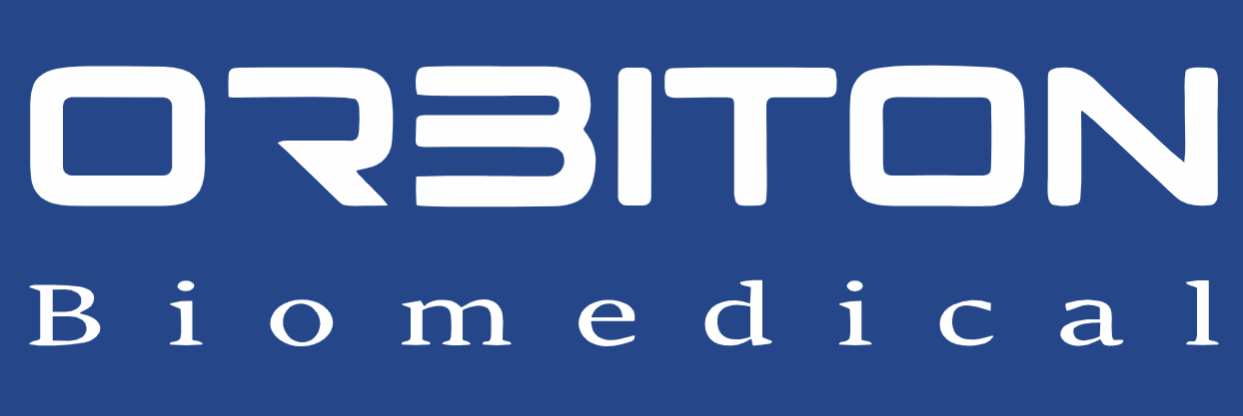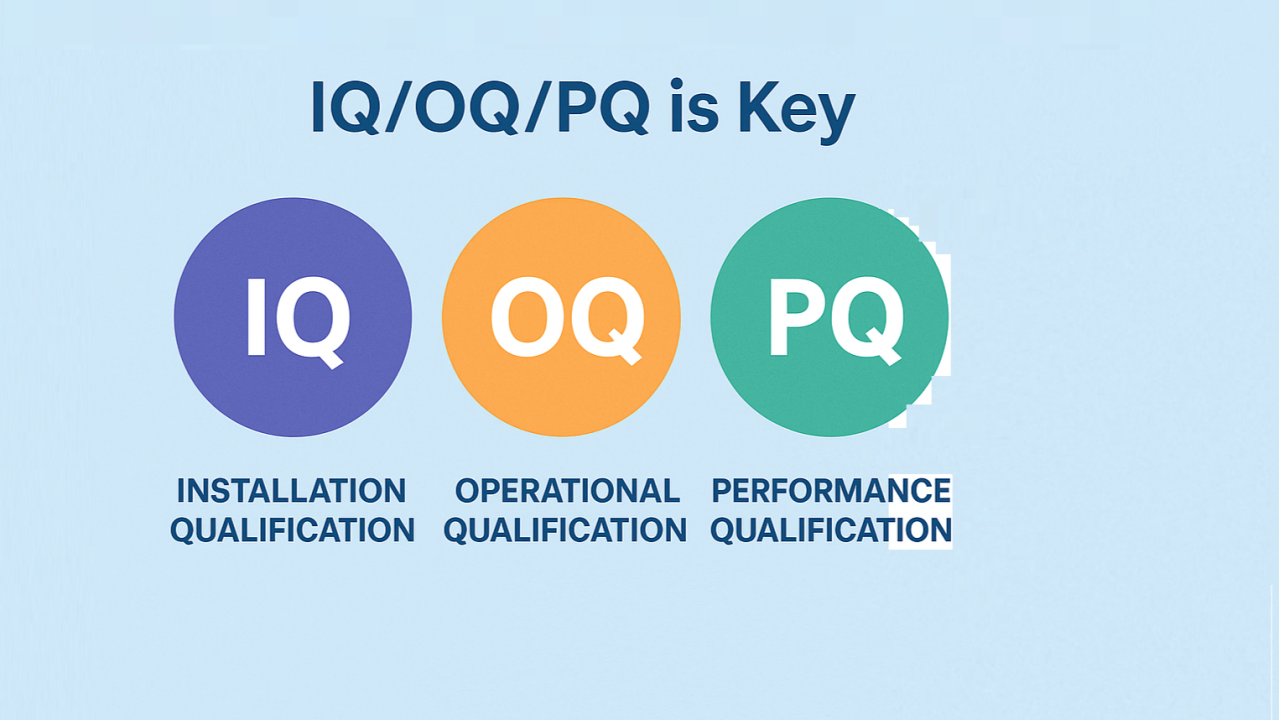Importance of IQ, OQ, PQ for Medical Devices (A Clear and Practical Guide)
Ensuring your medical equipment operates reliably and safely is more than compliance—it’s essential for product quality and patient safety. The stages of Installation Qualification (IQ), Operational Qualification (OQ), and Performance Qualification (PQ) form the backbone of this assurance.
What Do IQ, OQ, and PQ Stand For?
- IQ (Installation Qualification): Verifies that equipment is delivered and installed per design and manufacturer specifications.
- OQ (Operational Qualification): Confirms the installed equipment functions within set parameters under controlled conditions.
- PQ (Performance Qualification): Demonstrates consistent performance of the equipment under real-world production conditions.
These phases are sequential and build upon each other—IQ must be complete before OQ begins, and OQ must pass before PQ validation can proceed.
Here's why each is important:
Installation Qualification (IQ)
- Purpose: IQ verifies that the equipment or system is installed correctly according to manufacturer's specifications and is ready for operation. This includes checking hardware, software, and any necessary utilities.
- Importance: Ensures that the installation process was carried out properly and that the environment is conducive for the equipment to operate as intended. Any errors at this stage can lead to significant issues later.
Operational Qualification (OQ)
- Purpose: OQ involves verifying that the equipment or system operates as expected under defined operating conditions. This includes testing all functions to ensure they perform correctly within specified parameters. Purpose: OQ involves verifying that the equipment or system operates as expected under defined operating conditions. This includes testing all functions to ensure they perform correctly within specified parameters.
- Importance: Validates that the device consistently works throughout its intended operational range. This is critical for ensuring that it can perform its designed functions reliably, thus ensuring safety and efficacy in its intended use.
Performance Qualification (PQ)
- Purpose: PQ assesses whether the equipment or system performs effectively and reliably in actual production conditions. This includes testing the equipment with actual products and confirming that the output meets quality standards.
- Importance: By confirming that a device meets its performance requirements under real-world conditions, PQ helps to ensure that the final product is safe and effective for patient use. This is essential for regulatory compliance and for maintaining trust in the device's performance.
Why This Validation Process Is Crucial in Medical?
- Regulatory Expectation: Bodies like the ISO, CE, FDA expect equipment validation to ensure consistent quality. Equipment qualification supports GMP compliance across production, testing, and storage operations. Medical devices are subject to rigorous regulatory scrutiny. Compliance with IQ, OQ, and PQ requirements is often mandated by regulatory bodies (e.g., FDA in the United States, EMA in Europe, etc.).
- Risk Management: IQ, OQ, and PQ ensure every step—from delivery to operation—helps mitigate the risk of faulty products.
- Safety and Efficacy: Validating that devices are installed, operate, and perform correctly helps prevent adverse effects and ensures they achieve the desired outcomes in patients.
- Quality Assurance: Implementing IQ, OQ, and PQ processes leads to better quality control and helps in identifying issues early in the design, manufacturing,
Final Thoughts
Validating your medical equipment through IQ, OQ, and PQ is more than regulatory red tape—it’s the framework that protects product consistency and patient safety.

